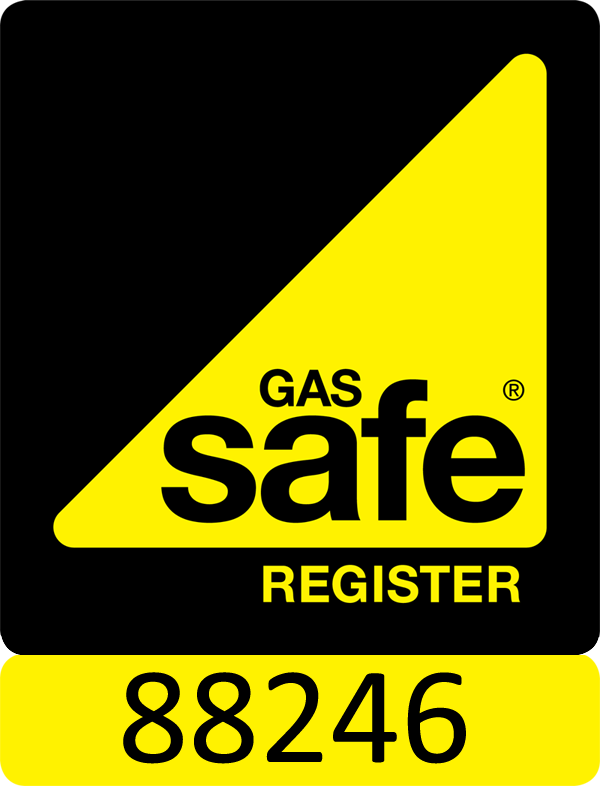CENTRAL HEATING SERVICING
Over 40 Years Experience Within The Gas Industry.
central heating servicing
Central heating servicing, often referred to as a central heating system service or boiler service, is a maintenance procedure performed on a property’s central heating system. This service is typically carried out by a qualified heating engineer or technician and is essential to ensure that the heating system operates efficiently, safely, and reliably. It involves a thorough inspection, cleaning, and testing of the central heating components, particularly the boiler.
How long does a central heating service take?
The duration of a central heating service can vary depending on several factors, including the complexity of the heating system, its condition, and the thoroughness of the service being performed. On average, a standard central heating service typically takes around 60 to 90 minutes to complete. However, it’s essential to note that this is just a general estimate, and the actual time can vary.
What is included in central heating service?
A central heating service, also known as a boiler service or central heating system service, is a maintenance procedure conducted on a property’s heating system, primarily focusing on the boiler and associated components. The goal is to ensure that the heating system operates efficiently, safely, and reliably. The specific tasks involved in a central heating service can vary depending on the service provider and the type of system, but here are the typical components of a central heating service:
Visual Inspection
The service engineer begins with a visual examination of the central heating system, including the boiler, radiators, pipework, and associated components. They look for any signs of damage, corrosion, leaks, or wear and tear.
Boiler Inspection
- The boiler is a central focus of the service. The technician inspects the boiler for any issues, such as leaks, rust, or loose connections.
- The flue system is checked to ensure it is properly connected and free from obstructions, allowing exhaust gases to exit safely.
- The gas and water connections are examined for any signs of damage or leaks.
Cleaning
- Key boiler components, including burners, heat exchangers, and filters, are cleaned to remove dirt, debris, and scale buildup. This improves the boiler’s efficiency and performance.
- Radiators and heating pipework may also be cleaned to remove sludge or blockages that can affect heat distribution.
Safety Checks
- Gas safety checks are performed to ensure there are no gas leaks, and the gas supply is secure.
- Carbon monoxide levels are tested to verify that the boiler is not emitting dangerous gases.
- Safety features such as pressure relief valves are checked to ensure they function correctly.
Efficiency Testing
- The technician assesses the boiler’s efficiency by measuring its combustion performance and checking the burner’s operation.
- Adjustments may be made to optimise the boiler’s efficiency, potentially reducing energy consumption.
Controls and Thermostat Testing
If applicable, heating controls and thermostats are checked to ensure they are functioning correctly and accurately regulating the temperature.
Documentation
After completing the service, the technician provides the homeowner or landlord with a service report or certificate. This document summarises the work performed, lists any findings or recommendations, and serves as a record of the maintenance.
Recommendations
If any issues or potential problems are identified during the service, the technician may provide recommendations for necessary repairs or improvements. Addressing these issues promptly can help prevent breakdowns and maintain the system’s safety and efficiency.
For more information about our central heating services or to get a free no obligation quote on new boilers, please feel free to contact our friendly team of experts by phone or email today and they will be more than happy to help you with query.

